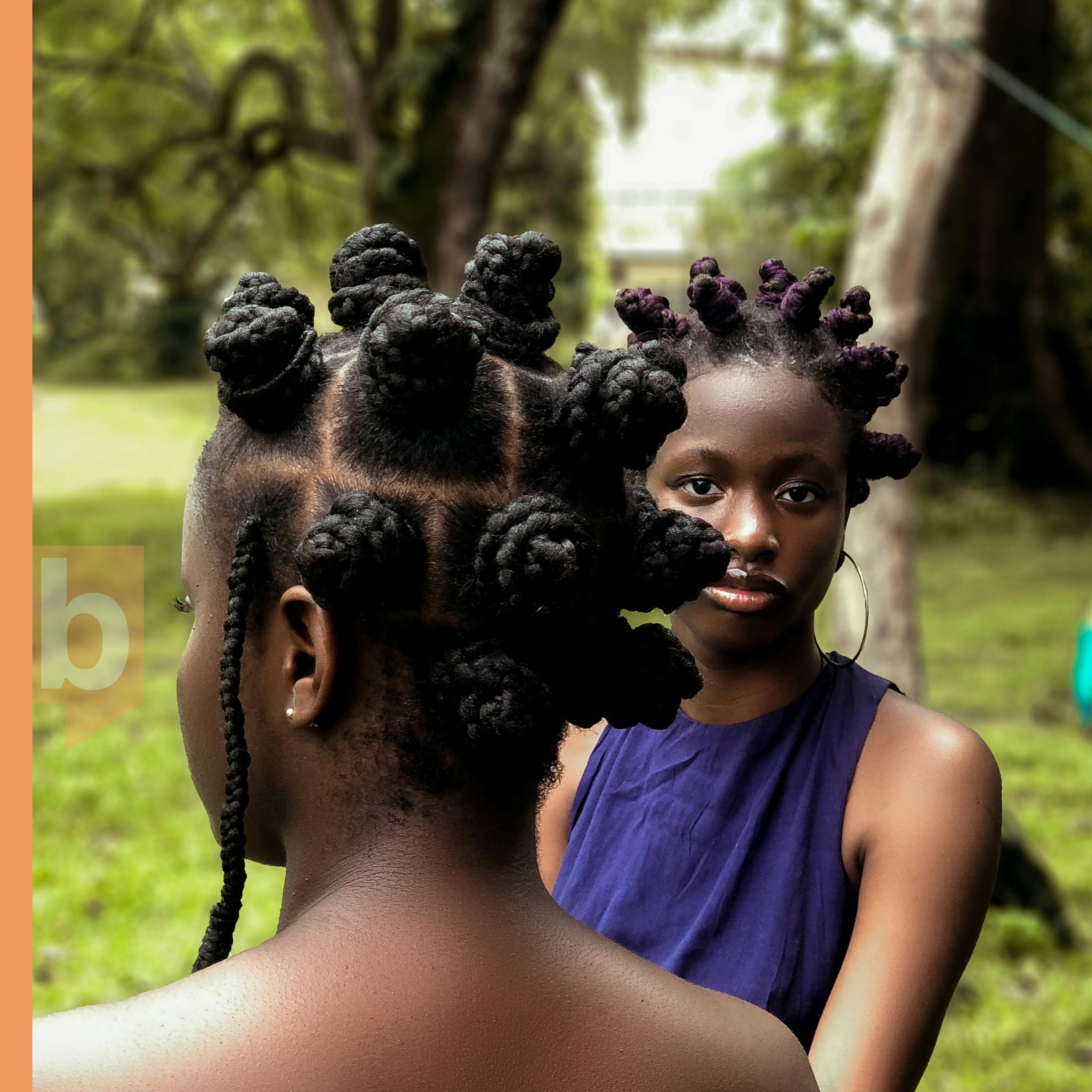GREAT BAY--The Catholic school board SKOS has told Education Minister Melissa Gumbs it “will continue to maintain and enforce our current biblical hairstyle policies,” anchoring its stance in Scripture and European human rights law. The August 18 letter defends gender specific hair rules and a sweeping list of prohibited styles, and it urges the Ministry to “respect voluntary educational choice.” The document also claims “99.4 percent” parental satisfaction with current policies.
The letter frames hair rules as religious formation, not grooming. It bans styles SKOS links to other faiths or identities, it enforces different hair lengths for girls and boys, and it dismisses alleged harm to students as unproven. Supporters call this religious freedom. Critics see discrimination by religion, culture, race, and gender. The Ministry is weighing legislation on hair discrimination in schools, and the SKOS position will likely shape that debate.
SKOS says Catholic identity requires clear lines. The board writes that students cannot “simultaneously submit to Catholic formation while displaying allegiance to incompatible spiritual systems.” In practice that means long hair for girls and short hair for boys, grounded in 1 Corinthians 11. It also means banning what the board treats as religious or ideological signals in hair.
The enrollment handbook, quoted in the letter, forbids “dreadlocks, ritual braids, adornments/beads, extensions.” The appendix expands the ban by naming specific traditions and expressions, including “Islamic beard styles without mustache,” “Payot,” “Nazarite vows of uncut hair,” “Viking/Norse braids with runes or pagan symbols woven in,” “thread wrapping associated with African spiritual practices,” “Bantu knots worn for ancestral worship purposes,” “Gothic or occult inspired styles,” “Tribal scarification patterns shaved into hair,” and “LGBTQ+ pride colors dyed into hair.” SKOS argues that allowing any of these would turn school into a “multi faith exhibition space.”
The board rejects the idea that its rules “disproportionately impact students of African descent,” asking “What exactly constitutes ‘African descent’.” It links several common natural or protective styles to spiritual practices, then bans them. That approach is likely to draw scrutiny, since many of the listed styles function as cultural or practical care for natural hair. Treating them as religious symbols by default, then prohibiting them, risks a disparate impact even if the policy is framed as religion neutral.
SKOS states that “biblical hair length requirements apply uniformly,” and it insists there is no demonstrated harm to students, asserting “Zero psychological studies validate distress claims.” The letter provides no citations for that claim. The gender split itself, “long hair for female students and short hair for male students,” will test modern equality standards that protect gender expression alongside religion.
The board reports a near unanimous endorsement: “Out of 1,400 parents, only 9 have expressed reservations,” and overall “99.4% satisfaction.” The methodology is not described. In a small island system where places and options can be limited, consent and high satisfaction do not automatically settle legal duties regarding non discrimination.
SKOS grounds its argument in constitutional protections for denominational education and in the European Convention on Human Rights, particularly Article 2 of Protocol 1 on parental convictions. It also argues that the Ministry favors other faiths, stating the draft legislation protects “hijabs and other religious head coverings” while prohibiting “Catholic prescribed hairstyles.” The same letter, however, bans “Payot” and an “Islamic beard style,” which complicates the equal treatment claim. Public regulation usually requires a balance of parental convictions with children’s rights to equality and dignity, which the letter does not address in detail.
For families who object, SKOS offers a blunt answer: “Public schools remain freely available.” That line underscores the core divide. SKOS sees hair rules as an essential part of Catholic formation that families knowingly choose. Opponents argue that access to quality education should not hinge on abandoning cultural, racial, religious, or LGBTQ expressions in hair.
The Ministry has been urged by SKOS to “engage in genuine consultation,” “provide adequate time and documentation,” and “ensure equal treatment for all religious practices.” Any law that follows will need to clarify when a hairstyle is personal or cultural, when it is religious expression, and how far a denominational school can go before rules become unlawful discrimination. The SKOS letter sets clear stakes: “We cannot compromise our Catholic identity.” The legal and policy question is whether government can accept that position without compromising students’ equal protection.
Join Our Community Today
Subscribe to our mailing list to be the first to receive
breaking news, updates, and more.






